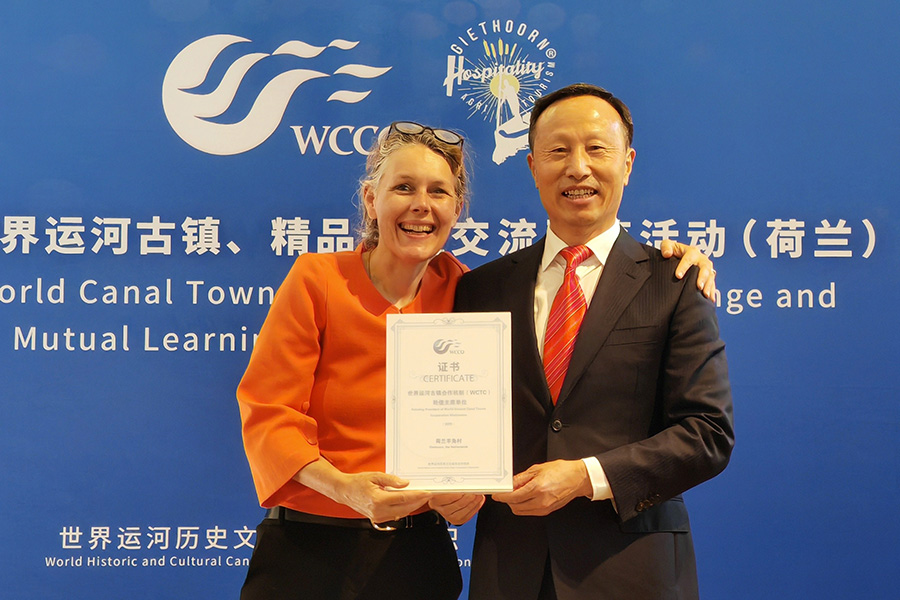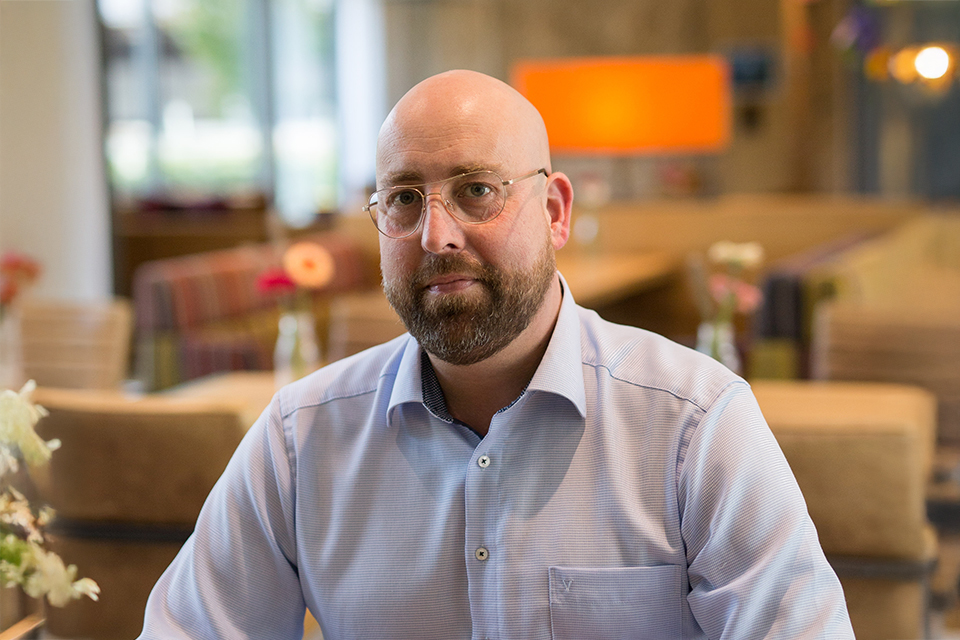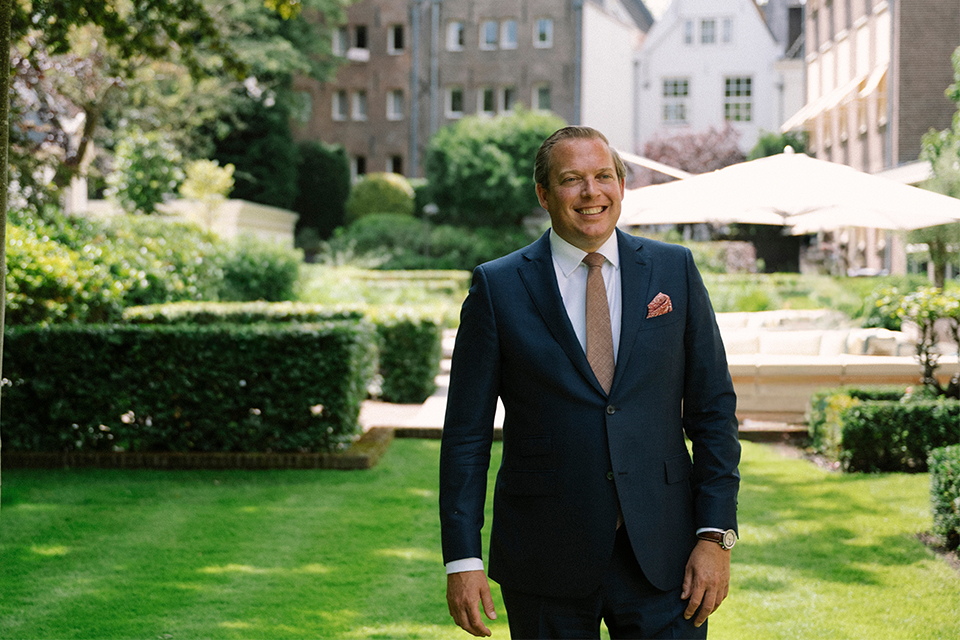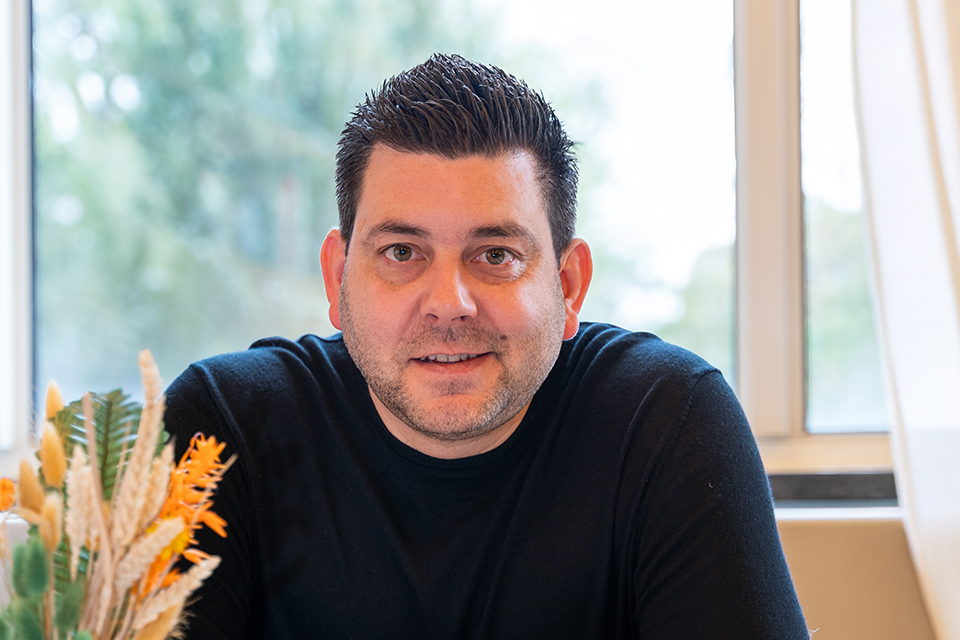
Gabriella Esselbrugge: 'We don't just focus on recreation, we focus on recre-learning'
In charming Giethoorn, you come home to Hotel-Restaurant De Dames van De Jonge. Grandma Geesje started the hotel in 1958. "She took guests by the hand into the kitchen, that's how it was done back then," says entrepreneur Gabriella Esselbrugge. She sees an example in this. "That is how hospitality is meant to be."
Picturesque Giethoorn attracts visitors from all over the world, but Chinese tourists in particular know how to find the village. And that while nationwide there are hardly any international campaigns to attract tourists. Why is that? Esselbrugge explains it by a mix of factors. "We made a deepening effort in Giethoorn. You learn from each other by talking to guests, that's what we call recreational learning. The Netherlands is a knowledge country. We have knowledge about water management, the best agricultural university in the world and that's how we are known. People are looking for a kind of Madurodam where all that knowledge can be seen and experienced in practice. That is what we do in Giethoorn. In our village, you can see 100 years of agricultural development. In China, they know it as the Giethoorn model. We bring those stories to make them think about their own destinations and countryside. That brings us not the standard tourist, but much more depth."
Chinese dream
In 2005, Esselbrugge travelled to China and there, almost by accident, it turned out that Giethoorn fitted seamlessly into the so-called Chinese dream: a place where water, nature and tranquillity reinforce each other. Esselbrugge: "Giethoorn is a place you want to be. We only miss the mountains. Twenty years ago, few tourists from Asia came to Europe. I had business cards made by a Chinese entrepreneur from Steenwijk. We were just a small family business, not Amsterdam, and had to rely on our creativity. Initially, tourists came our way in big coaches, but now we reach much more the individual travelling guest."
Targeted campaigns
At 'The Ladies of The Young', they know how to reach Chinese guests directly. They do this by creating their own targeted campaigns for guests and deploying platforms like WeChat or Little Red Book. "We can learn so much from China when it comes to technology. I sometimes see guests coming in here with 20 devices," Esselbrugge says. "It fascinates me what they can do with them. In China, product sales are almost all through livestreams. It's kind of like Tellsell, but six-point-zero. We create local content to showcase Giethoorn and seek contact with guests. When guests are back home, we always ask how the trip went or they ask afterwards how something is made. In the Netherlands, you have a separate app for everything; it doesn't work that way in China. It's a system that runs on what you book, so you get a much more personalised offer. With WeChat, you can do everything. Book a train ticket? WeChat. Plan an activity? WeChat. Know or share something about a village? WeChat. It is an ecosystem that works super-practically. It's not about marketing or sales, but communication. That's how you make people loyal in your own way. We also always do a social scan before guests arrive. I like to know who is coming."
More than a cup of coffee
People are not just looking for a cup of coffee or a hotel to sleep in, Esselbrugge observes. "Hospitality is all about attention. My grandmother did that back in 1958, even though she didn't speak a word of English. She got by with hands and feet anyway. That's the attention we want. This morning, for instance, a Spanish guest arrived who was heartily tired due to a delayed flight. Then we make sure that room is ready first and immediately ask if we can do something extra. Putting yourself in the guest's shoes helps. It breaks the ice. I speak Chinese, as do a few people in the team. But I also think the Dutch language is important, as it ensures that every generation that visits us feels at home here. I want to preserve that identity. Our team is therefore also multigenerational. We have guests who stay overnight with us after a first date, but also older people who are retired. It's nice then to have a nice mix of people working for you. Family businesses are very valuable in China. Those guests immediately ask how exactly. These are conversations you don't have right away in the Netherlands."




